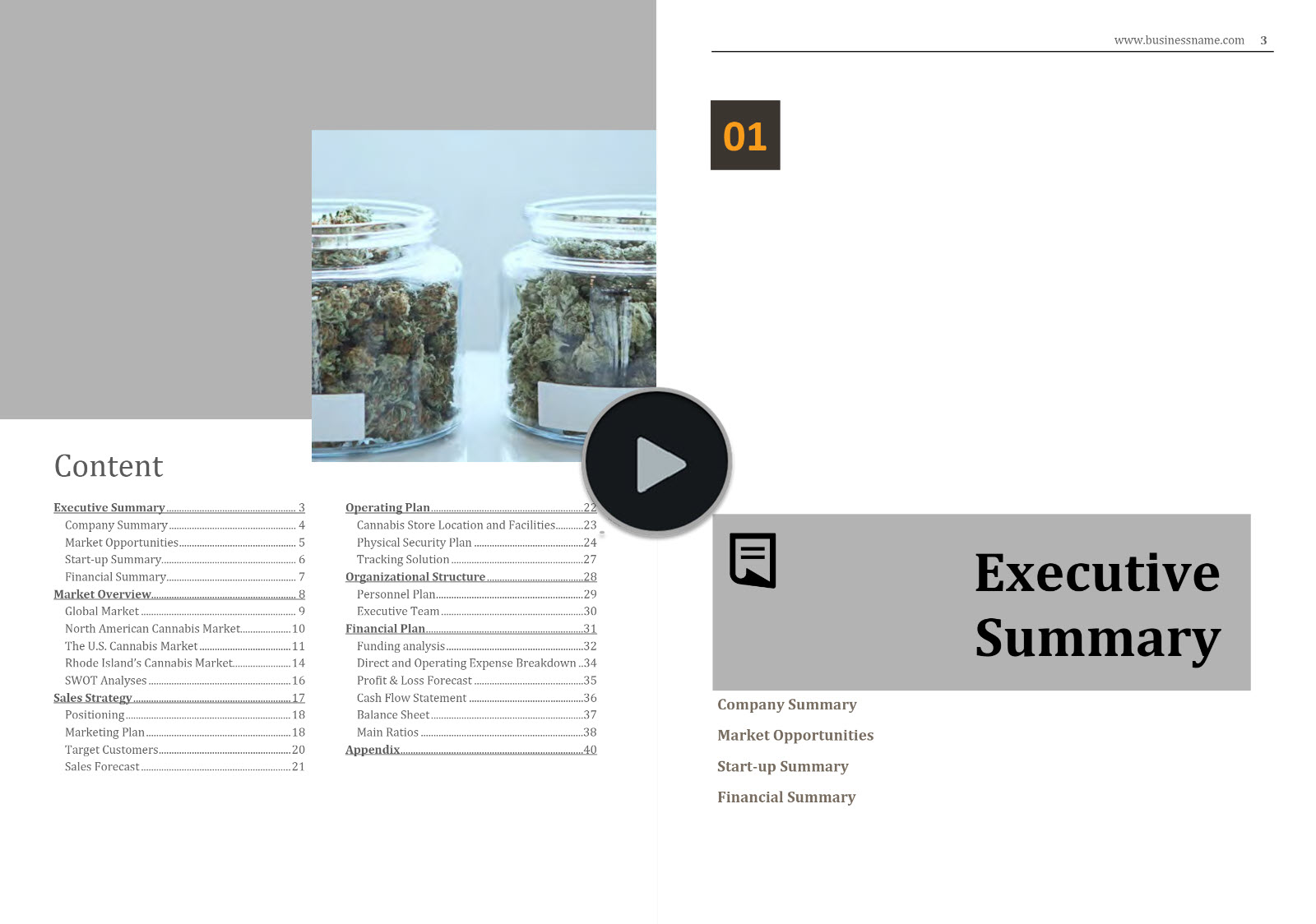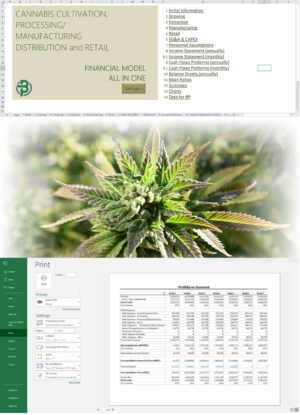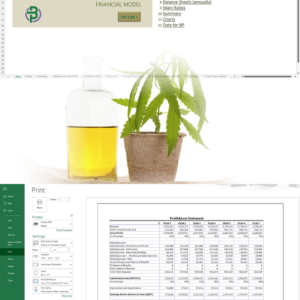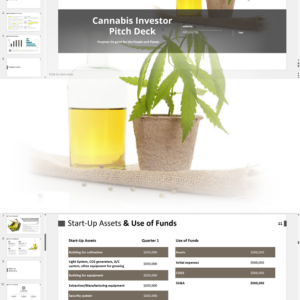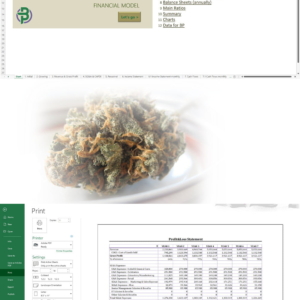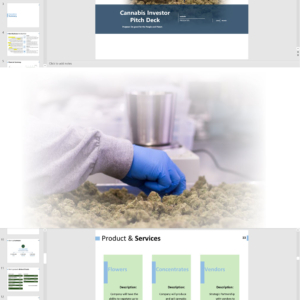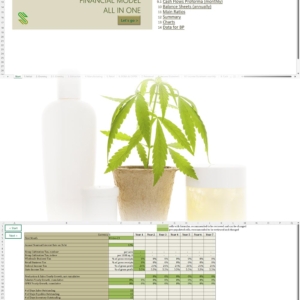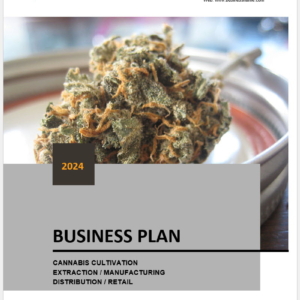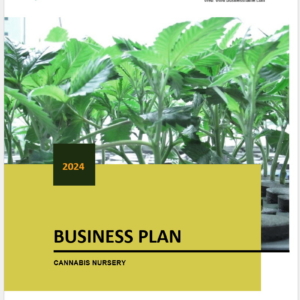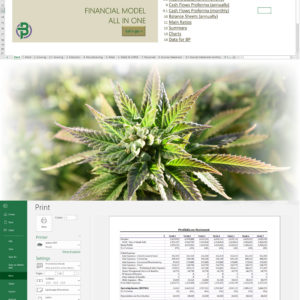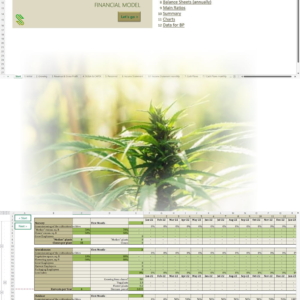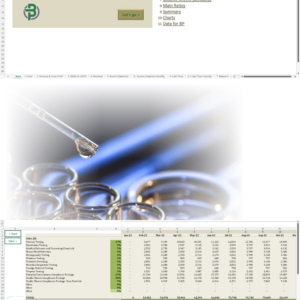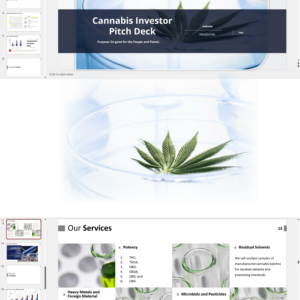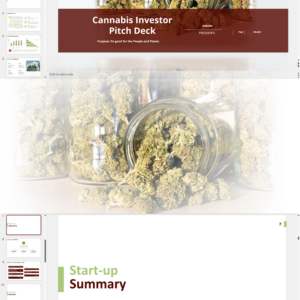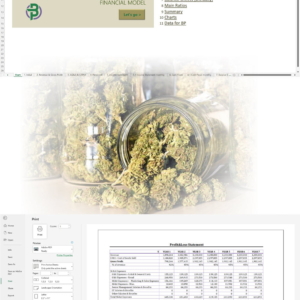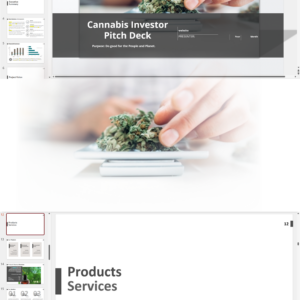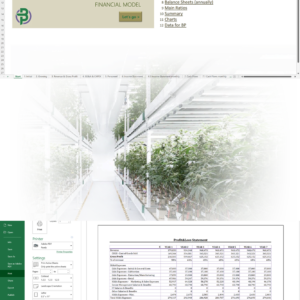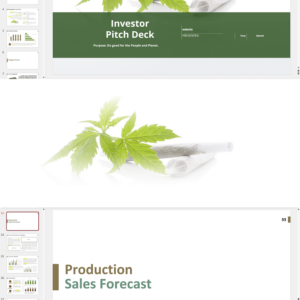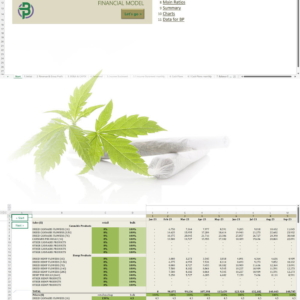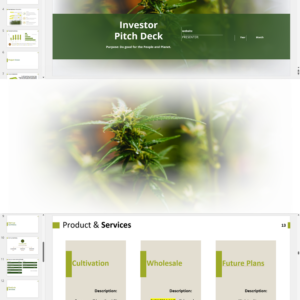- Understand regulatory and legal requirements. Do market research.
Research the laws and regulations governing adult-use and medical-use cannabis for more information about the regulatory requirements for licensure where you want to start your business.
Rhode Island Cannabis Legalization
Cannabis in Rhode Island is legal for medical and adult use. Rhode Island legalized medical cannabis through legislation in 2006, becoming the 11th state to do so. In 2022, The Rhode Island Cannabis Act was signed into law, making the state the 19th in the country to legalize the possession, home cultivation and sale of small amounts of cannabis for recreational purposes.
The Office Of Cannabis Regulation (OCR) is responsible for licensing and regulatory oversight of compassion centers, cultivators, and cooperative cultivations and oversight of medical marijuana plant tagging requirements. The Office is also responsible for licensing and regulatory oversight of Industrial Hemp growers and handlers, and CBD consumable retailers and distributors.
The Rhode Island Cannabis Control Commission (CCC) is the state agency responsible for overseeing the regulation, licensing, enforcement and control of regulated cannabis in the State of Rhode Island. When the CCC finalizes its first set of regulations, then it will be responsible for the licensing and enforcement of adult use and medical cannabis.
- Decide the type of cannabis business. Choose a location. Check local zoning regulations.
Cannabis Licenses Types Available in Rhode Island
“An entity licensed to cultivate, process and package cannabis, to deliver cannabis to cannabis establishments and to transfer cannabis to other cannabis establishments, but not to consumers.”
On August 1, 2022 and thereafter, any medical marijuana cultivator licensed or approved pursuant to the provisions of § 21-28.6-16, upon payment of an additional license fee, shall be permitted to cultivate, manufacture and process cannabis as a hybrid cannabis cultivator for both adult use and medical use, subject to the following conditions:
- The cultivator must be in good standing and maintain the cultivator license pursuant to the provisions of chapter 28.6; and
- The cultivator must make good faith efforts to ensure the adult use cannabis production portion of the cultivation operation has no significant adverse effect on the medical marijuana program and patient needs.
Limits:
- A new cultivator licensee’s canopy shall not exceed 10,000 sq. ft.
Classes and licensing fees:
- Micro-license: 2,500 sq. ft (application fee of $5,000, annual fee of $5,000)
- Class A: 5000 sq. ft (application fee of $5,000, annual fee of $20,000)
- Class B: 5,001 – 10,000 sq. ft (application fee of $5,000, annual fee of $35,000)
“An entity licensed to obtain, manufacture, process and package cannabis and cannabis products, to deliver cannabis and cannabis products to cannabis establishments and to transfer cannabis and cannabis products to other cannabis establishments, but not to consumers.”
“An entity licensed to purchase and deliver cannabis and cannabis products from cannabis establishments and to deliver, sell or otherwise transfer cannabis and cannabis products to cannabis establishments and to consumers.”
On or after December 1, 2022, a compassion center licensed pursuant to the provisions of chapter 28.6, upon payment to the office of cannabis regulation of an hybrid cannabis retailer fee of $125,000 to be deposited in the social equity fund, is permitted to sell adult use cannabis pursuant to the provisions of this chapter for a period of one year, subject to the following conditions:
- The compassion center must be in good standing and maintain its compassion center license with the office of cannabis regulation pursuant to the provisions of chapter 28.6;
- The compassion center shall make good faith efforts to ensure that the sale of cannabis for adult use as a hybrid cannabis retailer has no significant adverse effect on the medical marijuana program and patient needs; and
- The compassion center shall post in a conspicuous place a copy of a certificate of authorization evidencing a license in good standing and payment of the hybrid cannabis retailer fee.
“A third-party analytical testing laboratory licensed to collect and test samples of cannabis and cannabis products pursuant to regulations issued by the commission and is independent financially from any medical cannabis treatment center or any licensee or cannabis establishment for which it conducts a test; and qualified to test cannabis in compliance with regulations.”
Cannabis Delivery in Rhode Island
Medical and recreational cannabis delivery are both permitted. Recreational cannabis delivery service became available in 2023.
- Develop a solid cannabis business plan. Secure financing.
Application requirements include a business plan demonstrating a likelihood of success and sufficient business ability and experience on the part of the applicant. A typical cannabis business plan outline includes sections such as Executive Summary, Market Overview, Sales Strategy, Operating Plan, Organizational Structure (+ Diversity Plan) and Financial Plan.
'70% ready to go' business plan templates
We offer a wide range of '70% ready-to-go' cannabis business plan templates that will help you prepare a professional cannabis business plan document supported with expert financials and an investor pitch deck. All our templates are completely open and editable and you can use Word, Excel and PowerPoint to work with them.
- Prepare the required documents. Pay application fee. Submit application.
Applications for all cannabis licenses can be submitted online through the Cannabis Licensing Portal. Each application has its own requirements and shall include, but not be limited to the following:
- The applicant’s legal and any d/b/a name(s), certificate of incorporation or organization in Rhode Island or certificate of authority to transact business in Rhode Island, articles of incorporation or organization, bylaws or operating agreement.
- A business plan, including scope of activities, budget and resource narratives, and timeline for initiating operations.
- A Security and Safety Plan, which specifies how the applicant will ensure security and safety at the licensed premises.
- An Operations Manual including policies, procedures and documents.
- The proposed physical location (by plat and lot number, mailing address, etc.), if a precise location has been determined. If a precise physical location has not been determined, a description of the general location(s) where it may be sited, if approved, and the expected schedule for purchasing or leasing said location(s).
- The legal name, current address, and date of birth of each officer and director or member/manager of the applicant.
- A list of all persons or business entities (legal names and current addresses) that currently have or are expected to have direct or indirect authority over the management or policies of the applicant.
- An organization chart and schedule of compensation/remuneration.
- Tax Affidavit.
- Complete the prerequisites for issuance of the license. Inspection. Obtain the license.
Once the application is approved, the applicant must pay a license fee and provide final information and documentation, including:
- A sufficient description of the final physical location of the cultivator premises (by plat and lot number, mailing address, etc.).
- Evidence of complete compliance of the facility with the local zoning laws in the form of certificate or letter from an authorized zoning official of the municipality and certification by an authorized officer of the applicant.
- Evidence of either ownership of property or agreement by owner of property to allow the operation of a licensee on the property.
- A final diagram of the facility, including where marijuana will be cultivated, stored, processed, packaged, and manufactured, sale and where security alarms and cameras and surveillance recording storage will be located.
- The legal name, current address, and date of birth of any person who will be an employee or agent of the cultivator at its inception.
- Register your business as an employer and a tax payer.
- Keep track of your ongoing compliance requirements.
Physical security measures, good production practices, packaging, labelling, transport and reporting requirements, taxes and more.
Rhode Island Cannabis Taxes
Effective December 1, 2022, the law implements a State Cannabis Excise Tax and a Local Cannabis Excise Tax. When cannabis product is sold by a licensed cannabis retailer to consumers, the cannabis product is subject to the standard Rhode Island Sales and Use Tax, as well as a 10% State Cannabis Excise Tax, and a 3% Local Cannabis Excise Tax.
The sales tax is imposed upon the retailer at the rate of 7% of the gross receipts from taxable sales.
The use tax is imposed at 7% on the storage, use, or consumption of tangible personal property in Rhode Island. Use tax returns are required from every retailer and from every person who purchases property subject to the use tax unless the tax has already been paid to a retailer authorized to collect it.
Main steps in short
- Understand regulatory and legal requirements. Do market research.
- Decide the type of cannabis business. Choose a location. Check local zoning regulations.
- Develop a solid business plan. Secure financing.
- Prepare the required documents. Pay application fee. Submit application.
- Complete the prerequisites for issuance of the license. Inspection. Obtain the license.
- Register your business as an employer and a tax payer.
- Keep track of your ongoing compliance requirements.
Cannabis Retail Business Plan Sample, Rhode Island
'70% ready to go' business plan templates
Our cannabis financial models and cannabis business plan templates will help you estimate how much it costs to start and operate your own cannabis business, to build all revenue and cost line-items monthly over a flexible seven year period, and then summarize the monthly results into quarters and years for an easy view into the various time periods. We also offer investor pitch deck templates.
Best Selling Templates
Hemp/CBD business plan templates are available at hempcbdbusinessplans.com.

